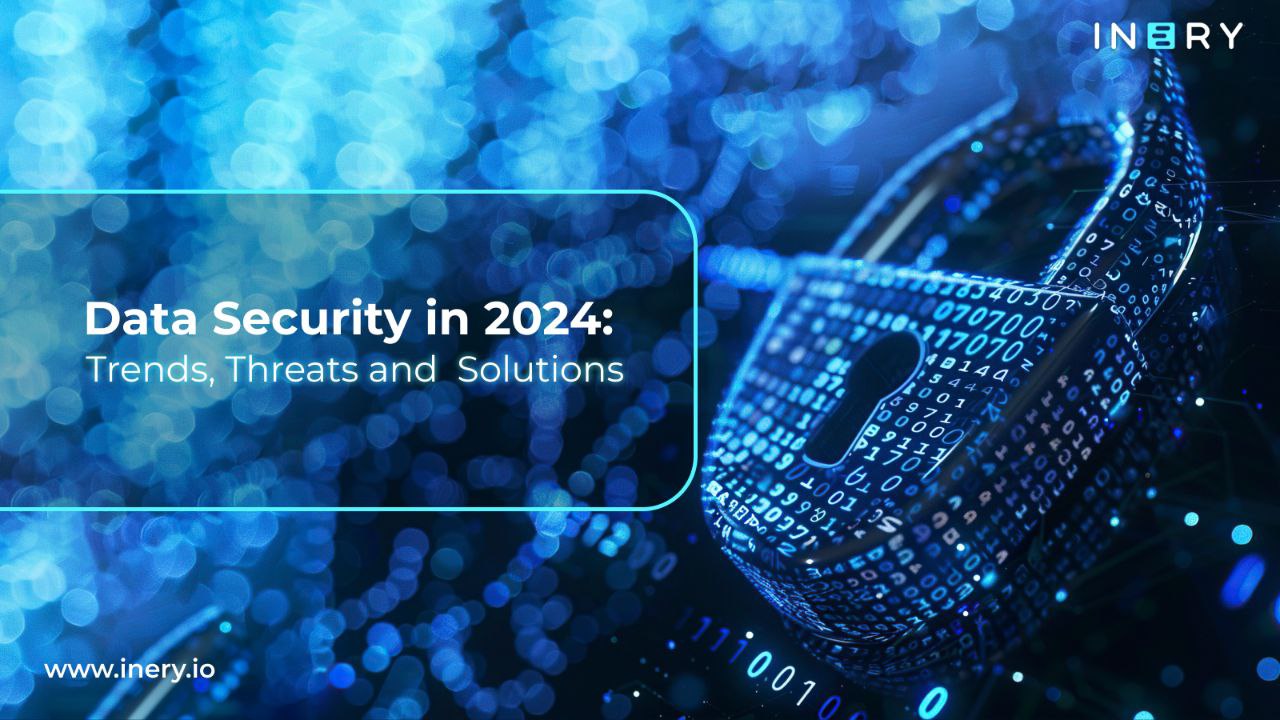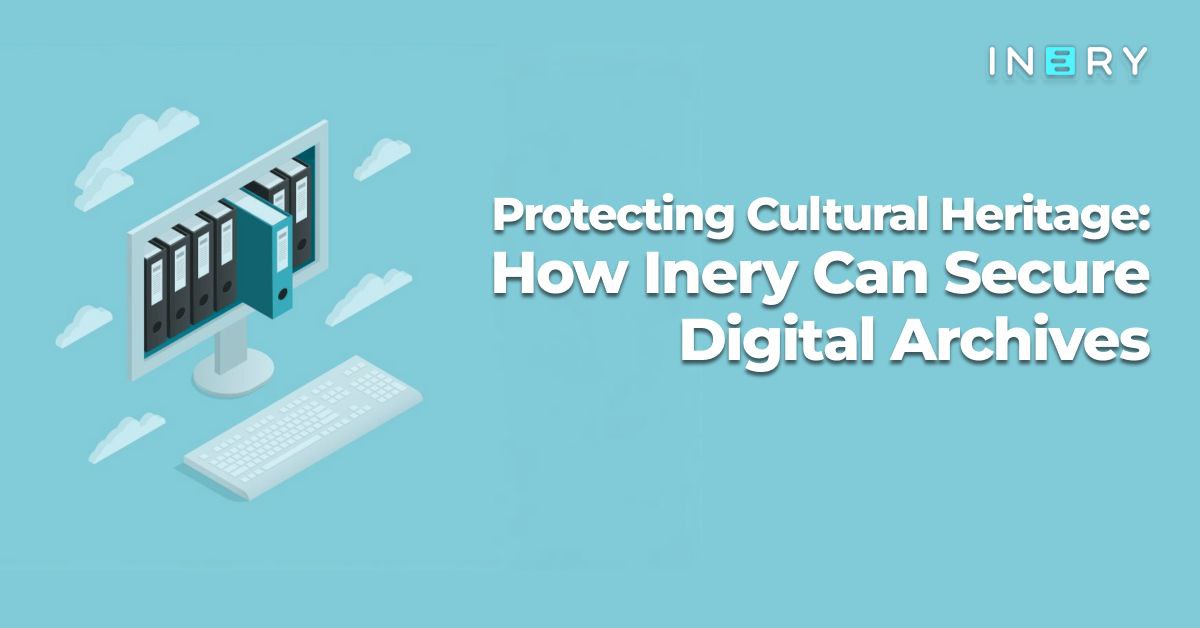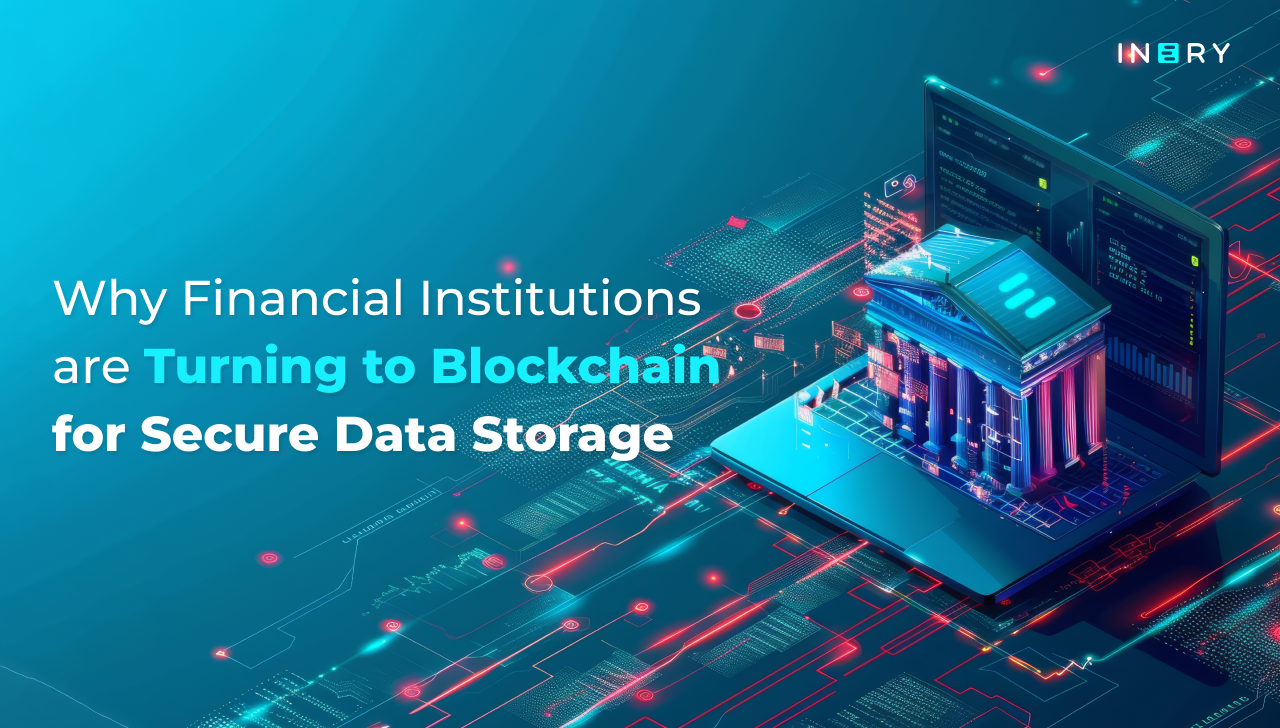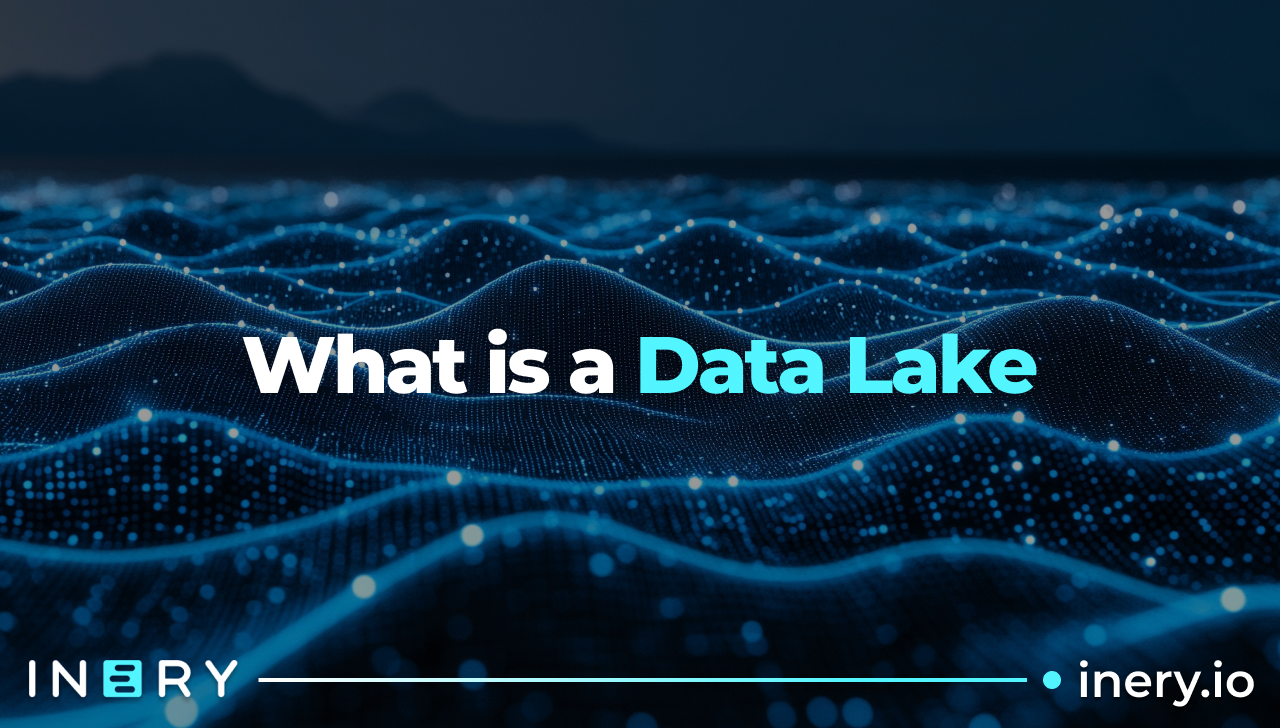As the digital footprint of financial transactions continues to expand globally, financial institutions find themselves at a critical juncture. The need for secure, efficient, and compliant data storage has never been more apparent, especially in the face of escalating cyber threats and stringent regulatory demands. This evolving scenario has positioned blockchain technology not just as an alternative, but as a necessary evolution in the way financial data is handled.
Overview of Financial Institutions and Data Storage
Financial institutions are among the most data-intensive entities in the economy. Traditionally, they have relied on centralized databases for storing everything from customer transaction histories to sensitive compliance documentation. While effective up to a point, these centralized systems have significant downsides, including vulnerability to cyber attacks, which can lead to data breaches with far-reaching consequences.
For example, the 2017 Equifax breach not only led to direct financial losses but also eroded public trust in the institution’s ability to safeguard personal information. Such incidents underscore the inherent weaknesses of traditional data storage solutions in handling the sophisticated and evolving nature of cyber threats.
Moreover, the financial sector has always grappled with the dual challenges of ensuring absolute data privacy while maintaining transparency for regulatory compliance. These ongoing challenges necessitate a reevaluation of data management practices and highlight the need for a system that can balance these often conflicting requirements.
Secure Data Storage Challenges Across Industries
The challenges of secure data storage extend beyond the financial sector to include critical industries like healthcare and government. These sectors manage highly sensitive information that demands utmost security and compliance adherence:
Government Data Security Challenges
In the realm of government operations, the security of data is not just a matter of protecting individual privacy but of safeguarding national security. A stark illustration of this was the 2015 data breach at the Office of Personnel Management (OPM) in the United States. This incident laid bare the personal details of millions of current and former government employees, including sensitive security clearance information and biometric data.
The repercussions were immense, not only due to the personal impact on individuals affected but also because such breaches can erode public trust in government institutions.
When citizens cannot trust their government to protect personal information, it can lead to a broader loss of faith in governmental capabilities and integrity, impacting everything from electoral processes to national security measures.
Healthcare Data Integrity Concerns
Similarly, the healthcare sector faces formidable challenges in managing personal health information (PHI), which is highly confidential and sensitive. The stakes are incredibly high, as data breaches in this sector can lead to severe privacy violations and substantial legal repercussions.
Healthcare providers are bound by strict regulations, such as HIPAA in the United States, which are designed to protect patient information. However, breaches continue to occur with alarming frequency. For example, numerous incidents have been reported where patient data was inadvertently exposed due to security failures, ranging from unauthorized access via phishing attacks to improper disposal of patient records.
Each breach not only compromises patient trust but also places healthcare providers at risk of significant financial penalties, legal challenges, and damage to their reputations.
The persistent threats and consequences of data breaches in these critical sectors underscore the urgent need for enhanced data management systems that not only prevent data exposure but also ensure the integrity and confidentiality of sensitive information. As institutions grapple with these challenges, the adoption of advanced technologies like blockchain presents a promising solution to reinforce data security and trust.
Why Blockchain?
Blockchain technology represents a transformative shift in data management, providing a resilient framework that fundamentally changes how data is stored, managed, and shared. This technology offers a suite of inherent advantages that directly address many of the weaknesses found in traditional data management systems.
Firstly, blockchain introduces a significant level of decentralization. Unlike traditional systems that store data in central locations, blockchain distributes data across a network of nodes. This structure greatly diminishes the risks tied to central points of failure, which are common in conventional databases, making it much harder for data breaches to occur.
Secondly, the immutability feature of blockchain is crucial for data integrity. Once information has been recorded on a blockchain, it cannot be altered or deleted, which provides a strong defense against fraud and unauthorized manipulation. This characteristic ensures that every transaction recorded is permanent and visible, enhancing transparency and trust.
In terms of security, blockchain utilizes advanced cryptographic techniques to secure data. This encryption ensures that data stored on the blockchain is shielded from unauthorized access and breaches, providing a higher level of security compared to traditional methods.
Lastly, blockchain technology enhances operational efficiency by automating processes through the use of smart contracts. These are self-executing contracts with the terms of the agreement directly written into code. Smart contracts automate tasks that traditionally require manual intervention, thus reducing the potential for human error and increasing the speed of data processing.
Together, these features make blockchain an attractive option for modern data management, offering a more secure, transparent, and efficient system for handling data across various sectors.
Inery’s Role in Revolutionizing Data Management
Inery steps into this landscape with a blockchain solution specifically designed for the needs of financial institutions and other high-stakes industries. By leveraging the decentralized nature of blockchain, Inery ensures that data integrity and security are maintained without compromising on the speed and efficiency required by modern financial services. Here’s what Inery brings to the table:
-
Decentralized Data Storage: Reducing risks of centralized breaches.
-
Regulatory Compliance: Built-in tools and protocols that help institutions comply with global data protection laws.
-
Scalable Architecture: Capable of handling the increasing volume and intricacies of financial data.
Conclusion
The shift to blockchain is not merely a trend but a critical upgrade to the infrastructure underpinning financial institutions globally. With blockchain, institutions are not only able to safeguard against the evolving landscape of cyber threats but are also better equipped to meet the demands of regulatory compliance and operational efficiency.
Inery, with its bespoke blockchain solutions, stands at the forefront of this transformation, heralding a new era of secure, efficient, and resilient data management for the financial sector and beyond. As we move forward, embracing these advanced technologies will be key to securing and optimizing digital assets in an increasingly interconnected world.

Inery•
1 year ago
Data Security in 2024: Trends, Threats, and Solutions
Understand the importance of data security in 2024 and explore current threats, trends, and solutions. Learn how Inery’s advanced DLT technology offers a reliable approach to securing sensitive data. ...READ MORE

Share

Inery•
1 year ago
Protecting Cultural Heritage: How Inery Can Secure Digital Archives
From ancient manuscripts to oral histories, cultural heritage in digital form needs protection. Discover how Inery can help preserve these invaluable archives against modern risks. ...READ MORE

Share

Inery•
3 years ago
Connecting the GameFi and Metaverse Fabric with Inery
Tackling the present challenges of the metaverse and gamefi sector with our decentralized data system. ...READ MORE

Share

Inery•
2 years ago
Flying High With Blockchain in Aviation
Blockchain in aviation adds reliability to a complex industry where the cost of error is sky-high. Click here to learn more. ...READ MORE

Share
Most popular today



